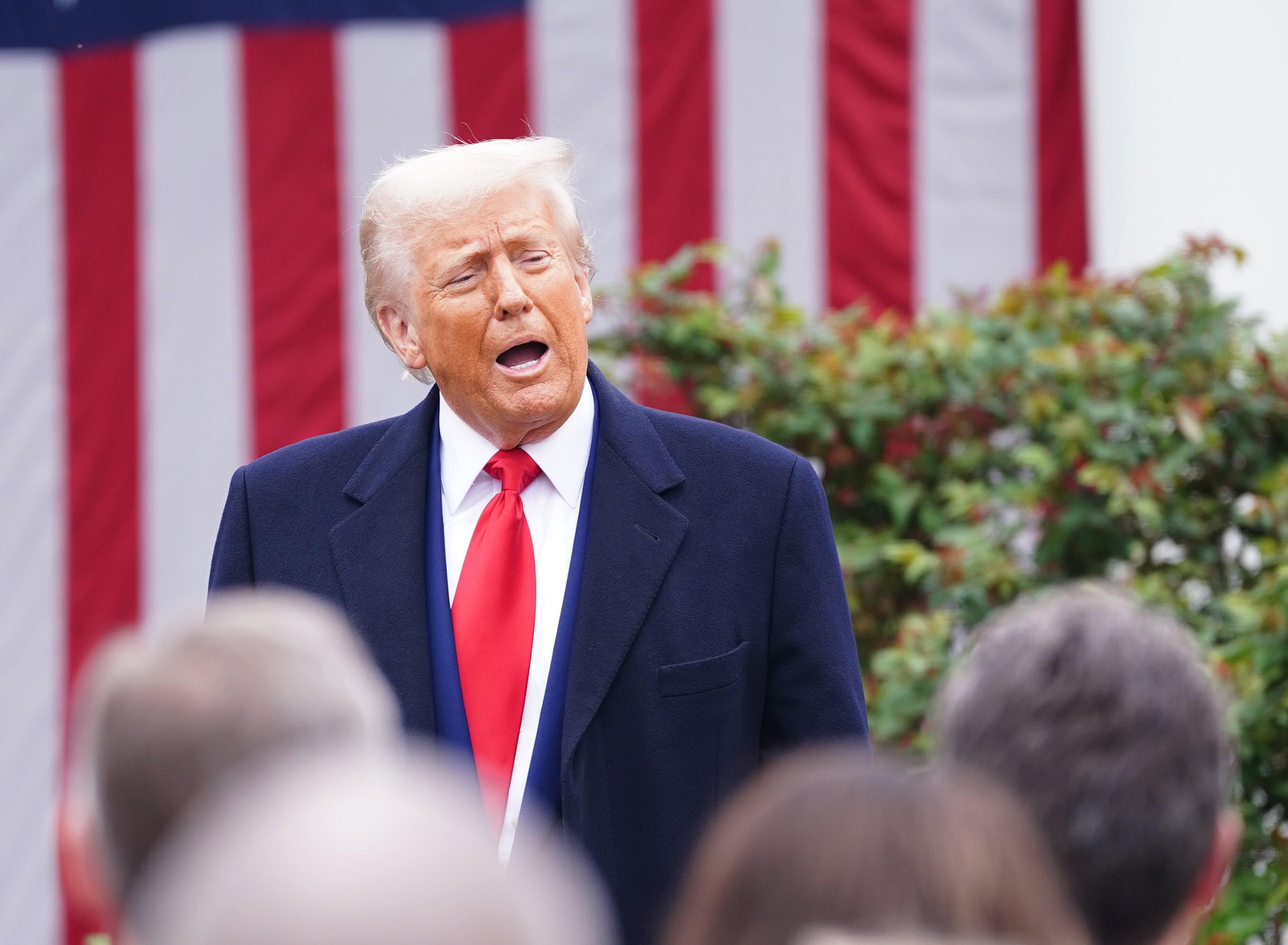
On April 2, U.S. President Donald Trump charged that both South Korea and Japan were implementing non-tariff measures which hindered the export of American cars. He made this statement while unveiling his administration’s strategy for retaliatory tariffs.
Perhaps most distressing are the non-monetary limitations enforced by South Korea, Japan, and numerous other countries," Trump stated during his address at the White House Rose Garden. "Due to these massive trade impediments, 81% of vehicles in South Korea are manufactured domestically. Similarly, 94% of automobiles in Japan come from domestic production.
He pointed out what he termed as an imbalanced trading environment for autos. "Toyota exports around 1 million foreign-produced vehicles to the U.S., whereas General Motors barely manages to sell anything close. Similarly, Ford has minimal sales. Additionally, none of our companies can enter other international markets," he stated.
Trump also suggested that U.S. allies were sometimes worse than rivals when it came to trade practices. “Friend and foe, and in many cases the friend is worse than the foe in terms of trade,” he said.
Regarding agricultural trade, he stated that South Korea levies tariffs between 50% and 513% on U.S. rice imports.
Although South Korea imposes a 513% tariff on rice imports beyond its tariff-rate quota (TRQ), a reduced rate is applied to a specific quantity of these imports. Through this TRQ mechanism, 408,700 metric tons of rice face only a 5% duty, with the U.S. receiving an allocation for up to 132,304 metric tons within this framework.